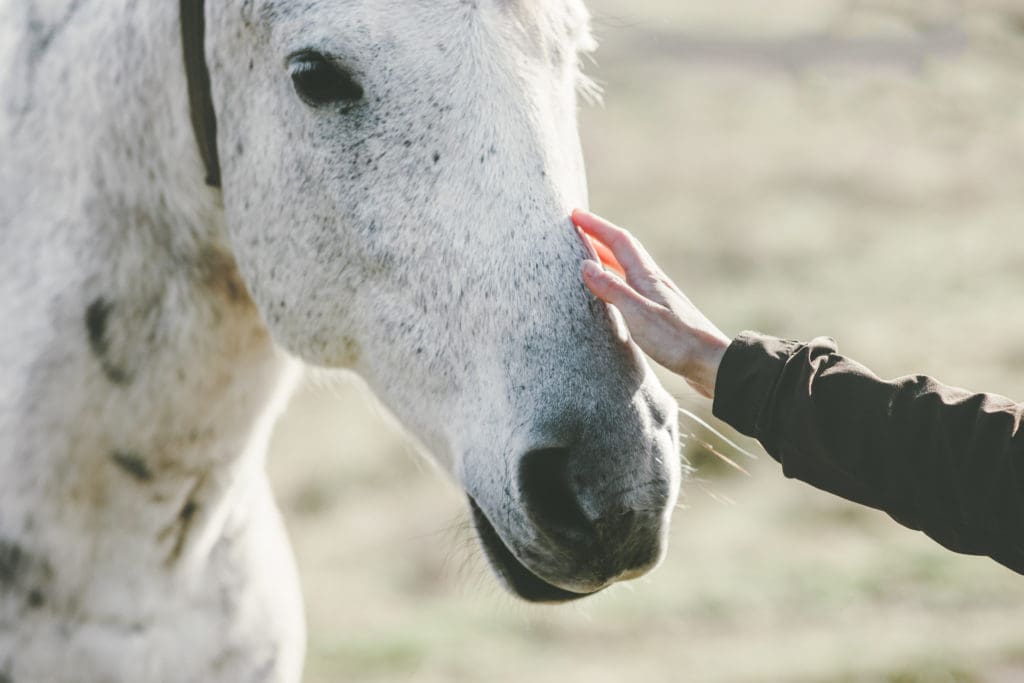Equine veterinarians and horse rescues are often faced with the challenge of determining how to handle horse disposal at the end of its life. Whether the horse dies naturally or is euthanized, the most humane and efficient ways to proper disposal of animal carcasses such as horses include rendering, composting, and incineration or cremation.
Why so Many Unwanted Horses?
According to the Equine Rescue Network, over 1,000,000 horses have been shipped to slaughter since 2007. Estimates have shown that there are about 33,000 horse stalls in horse rescue organizations across the U.S., which is not enough stalls to house the growing epidemic of unwanted horses. Sadly, some horse owners realize that their horse is more wild or more expensive than what they were anticipating. Horse rescues can save some horses from slaughter but they can only help a limited number of horses. Often the horse rescues need to wait for one horse to die before bringing in another horse. Horses poses an additional challenge because of their size and expense but they are not the only unwanted animal. ASPCA (American Society of Prevention of Crutelty to Animals) has noted that there are roughly 1.2 million unwanted dogs and 1.4 million unwanted cats that are euthanized and disposed of each year.
Horse Carcass Disposal Options
Horse disposal is a challenge due to the large size of the animal and the cost associated with disposing of the animal carcass. Some of the main horse carcass disposal options for horse rescue organizations and equine vets include rendering, composting, and incineration or cremation.
Rendering – There are rendering facilities across the U.S. that can dispose of animal carcasses. However, some rendering plants do not accept horses since they are such a large animal. Another issue with rendering plants is that they do not accept horses treated with Sodium Phenobarbital (a euthanasia drug) since then they cannot use it in pet foods or animal feeds.
Burial or Composting – Composting a horse requires that you have the adequate land and location to bury a horse carcass, and that local and state regulations allow it. A three-foot-thick bed of wood shavings is needed on the bottom of the hole, with a hole deep enough to allow for burial of the horse and three to four feet of wood shavings on top. Composting horse carcasses rules vary from state to state and can require an additional permit so it is necessary to check with your State Veterinarian.
Incineration or Cremation – Horse cremation it is one of the most environmentally friendly solutions to horse disposal. Incineration is very fast, as the process is complete in just a matter of minutes. Ashes of the horse can be buried, sent to a landfill, or returned to an owner for a memorial. Many horse owners, equine vets and horse rescues alike prefer horse cremation as it is a tasteful way of removing of the body. Not all animal cremators can hold a whole horse, so having a large animal cremator is vital. The price of horse cremation is often determined by the size and weight of the horse.
Are you an equine veterinarian or horse rescue organization who is interested in learning more about Firelake Manufacturing’s equine and large animal cremators? Firelake Manufacturing can answer your questions, help you locate a local dealer, and get you started. Call us today at 800-820-3391 or contact us here.
